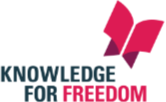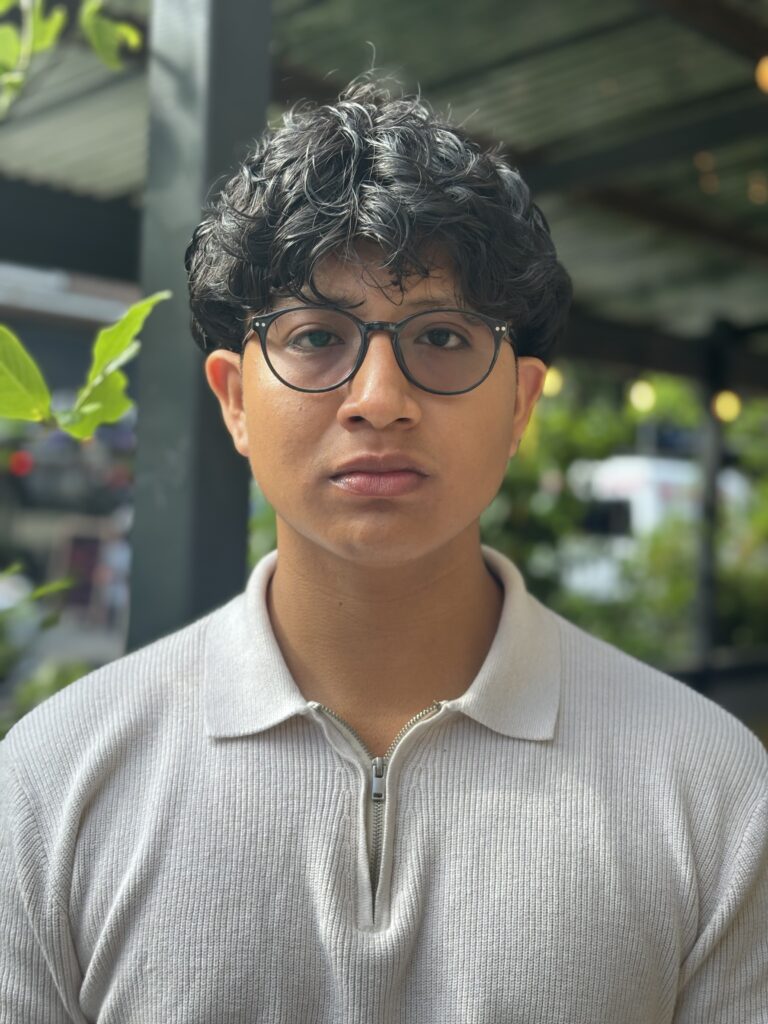With the growth of the migrant crisis, immigration policy has become polarized in New York City and across the United States. The influx of migrants has exhausted New York City’s shelters due to “right to shelter” laws that were implemented four decades ago. Importantly, an increased number of people entering the city does not just affect the jobs of those workers in the front lines, but rather those of every residing citizen. We see both critics and concerned citizens take to social media platforms to voice their passionate opinions on the topic. Thanks to around-the-clock media coverage, the migrant crisis has displaced other important issues at the center of attention. In this essay, I present one of the pillars of the migrant crisis which requires ardent attention in order to ensure a more prosperous democracy for all.
Education has transformed our world. From the first schooling systems to the continuous developments in academia, education has changed the world, whether for better or for worse. For philosophers, however, the way we should approach education is vastly different depending on its contemporariness or the value of virtue. In this essay, I will examine the forgotten pillar of education regarding the migrant crisis and how we can learn to either choose, merge, or reject the methodologies of education proposed by Plato and Richard Rodriguez.
What exactly does education in the context of the migrant crisis mean? For many, it can be the concerns of how well the New York City public school system is equipped to help the transition of 36,000 migrant students into the system. That system has never seen such large numbers before. Although these concerns are rightfully discussed, we cannot overlook the actual educational system these students will be moving into. Take, for example, a student who doesn’t speak English. For them, they will require more attention towards learning the English language before beginning the core classes. Such a necessity is typically facilitated by educational programs such as Transitional Bilingual Education and Dual Language. For some, these programs represent the high points of our system; however, Richard Rodriguez disagrees. In his memoir Hunger of Memory, Rodriguez discusses his opposition to bilingual education. Education, he argues, is not a sweet process, but rather one that requires sacrifice in order to fully achieve a “public identity.”
That is Richard Rodriguez’s highest lesson from his years in public education all the way to private schooling: that a public identity is what a student needs, regardless of the sacrifice. For Rodriguez, the sacrifices of losing his native tongue, or ‘sounds’ as he calls them, were all ultimately worth it.
Now, let’s decipher why exactly he believes a bilingual education is not good for migrant students especially. Rodriguez argues that the purpose of home life and school should be very different in the life of an immigrant child. In private life, the student interacts with their families through their native tongue while embracing all the pleasures of intimate culture. At school, on the other hand, a student should be completely distinct from their home life, especially when it comes to language. The student should utilize English solely for their education, even if it leads to slight rejection of a native language. Rodriguez states, “How long could I have afforded to delay? Learning the great lesson of school, that I had a public identity” (Rodriguez 18). The virtue of public identity is to be able to be a citizen of the community, speaking English and interacting with the ‘gringos’ as he calls them. Rodriguez needed English in order to become comfortable engaging with the political community.
The key point brought up by Rodriguez remains: what is the right kind of education? Answering this question requires an idea of the value of their education. Many may say it is career preparation, responsibility building, growing academically, or even becoming smarter. But not many have considered philosophy as one of the names within that list: philosophy in the sense of thinking about what is the truly righteous education, learning to engage in the original question, and almost as an ever evolving yet moving wheel.
With the philosophical education established, we can begin to understand Plato’s position on education. The Republic highlights the idea of the true rulers of any society should be philosophers and encourages the teaching of a well-rounded philosophy as the proper way to educate the guardians of a city. Before I continue, though, one may question how Rodriguez and Plato’s perspectives on education can build upon each other. When Rodriguez emphasizes the idea of an education where students find their ‘public identity,’ he makes references to students becoming free thinkers and citizens of America. So for Rodriguez, like Plato, philosophy is a fundamental part of the education of the rulers. With that understood, philosophy can perfectly situate itself in the realm of analyzing ideas, especially those that require free thinking.
However, Rodriguez and Plato are not one happy couple. They differ in key areas, like Rodriguez’s focus on the language of education. Socrates states, “Philosophy, spirit, speed, and strength must all, then, be combined in the nature of anyone who is to be a fine and good guardian of our city” (51c). He imagines an education that teaches a pretty defined set of things, even if it requires “persuading nurses and mothers to tell their children the ones [stories] we have selected” (53c). Those stories glorify the ancient Greek gods without much consideration for the real realities of the world, unlike the education of Rodriguez, which is radically open. Socrates’s view is also holistic. It would not allow the student to live a life at home that is totally separate from their life at school, as Rodriguez did.
The Socratic emphasis on holistic education is reflected in today’s college admissions process. In a time where covid-19 has made many schools test optional, the word “holistic” has found its way on the tongues of many more Americans. However, something missing from our contemporary education that would make it near parallel to that of Socrates’s education is the idea of an education where philosophy is able to find its way onto the minds of others.
What is shared between these views, however, is an emphasis on the introduction of philosophy into education. And that commonality is important. The influx of migrants into cities like New York is bringing thousands of young kids into our system. They will need a proper and innovative way of learning in our systems that encourages them to interact with the world in an original way. Like Rodriguez, they will need to find their “public voice” and be integrated into the political community. That will only happen if they champion free thinking, just like our constitutional rights so eloquently describe, and like a philosophical education can prepare them to do.
Philosophy needs to find its way into our contemporary education. Part of why our conversations around immigration are so polarized is because we are in a period where the world does not realize we need philosophy. There is a virtue in change, as Plato’s imagined society and Rodriguez’s education show us. To better prepare the future citizens of our country, regardless of how tumultuous our individual relationship with the country is, will take careful thought and philosophical practice.
Works Cited
Plato. Republic. Hackett, 1992.
Rodriguez, Richard. Hunger of Memory: The Education of Richard Rodriguez: An Autobiography. Bantam Books, 2004.

